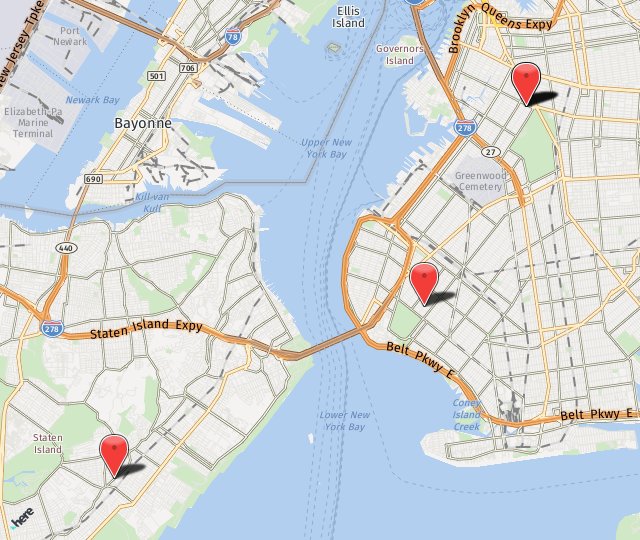
Menopause Management
Menopause is the time in a woman’s life when her menstrual period has stopped. Menopause is caused by a decrease in the ovaries’ production of the hormones estrogen and progesterone, which eventually results in the ovaries’ ceasing to produce eggs, and the end of menstruation.
A woman has reached menopause when she has not had a menstrual period for at least 12 months. Menopause is a natural process that takes several years. During this time, fertility decreases, and periods often change in duration, frequency, and amount of blood flow.
Management of menopause varies depending on the individual. One treatment is hormone-replacement therapy (HRT), in which medication containing estrogen or progesterone is prescribed to replace the hormones that are deficient within the ovaries. These synthetic forms of hormones are delivered through pills, patches or creams. However, there are risks associated with HRT, including heart disease, stroke and breast cancer. Risks may vary depending on a woman’s health history and lifestyle. Before deciding if HRT is appropriate, a woman should discuss its risks and benefits with her doctor.
Women suffering from depression or mood changes due to menopause may benefit from taking antidepressants or anti-anxiety medications. Low-dose vaginal estrogen, which is available in a pill or cream form, can be prescribed to help reduce dryness within the vagina. Medication is also available to treat the osteoporosis often caused by menopause. Women who maintain a healthy and active lifestyle may experience less discomfort during menopause.
Menstrual Disorders
Menstrual disorders can turn your monthly period from a minor inconvenience into a major, debilitating condition. These disorders can cause physical and emotional symptoms and can severely disrupt your daily life for days or weeks at a time.
Menstrual cycle disorders can cause symptoms such as:
- Heaving bleeding
- Abdominal pain
- Nausea and vomiting
- Missed periods
- Mood swings
These symptoms are characteristic of several different menstrual disorders including:
- Abnormal uterine bleeding
- Amenorrhea
- Fibroids
- Dysmenorrhea
- PMS
- PMDD
While these disorders are not usually serious, they are often painful. Fortunately, treatment methods are usually successful in relieving these symptoms to make that time of the month less significant.
Premenstrual Syndrome (PMS)
Premenstrual syndrome (PMS) is a group of symptoms that women commonly experience before their monthly menstrual period, usually going away after the period starts. About 85 percent of women suffer from at least one symptom of PMS during each menstrual cycle, although most cases are fairly mild and may not interfere with a woman’s normal activities. Severe cases of PMS may be diagnosed as premenstrual dysphoric disorder (PMDD).
The specific cause of PMS is not known, but it is linked to the hormone changes involved in the menstrual cycle, and can also be affected by stress and emotional problems. While symptoms can vary for each woman, some of the common symptoms of PMS include:
- Breast swelling and tenderness
- Fatigue
- Difficulty sleeping
- Bloating
- Constipation or diarrhea
- Joint or muscle pain
- Acne
- Appetite changes
- Anxiety
- Depression
Women who suspect that they have a severe case of PMS and are seeking medical attention for their condition should monitor symptoms and their severity for a few months to help their doctor accurately diagnose the condition.
Treatment of Premenstrual Syndrome (PMS)
There are many treatments currently available for PMS, many of which involve simple lifestyle changes. Some of these changes may include calcium supplements, exercising regularly, avoiding salty or sugary foods, managing stress and avoiding smoking. Over-the-count medications such as ibuprofen or aspirin are often effective in relieving the symptoms of PMS as well. Prescription medication may be prescribed for severe cases of PMS.

